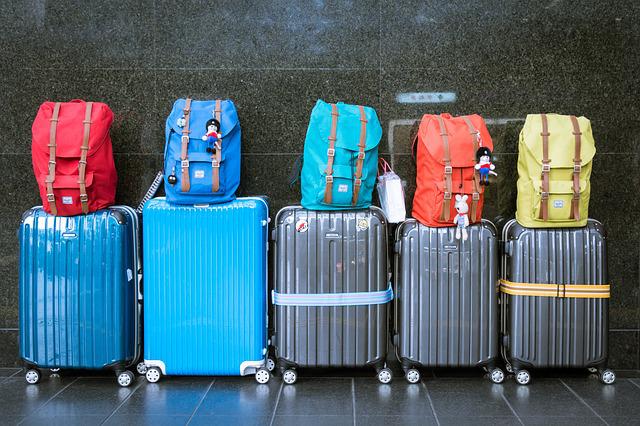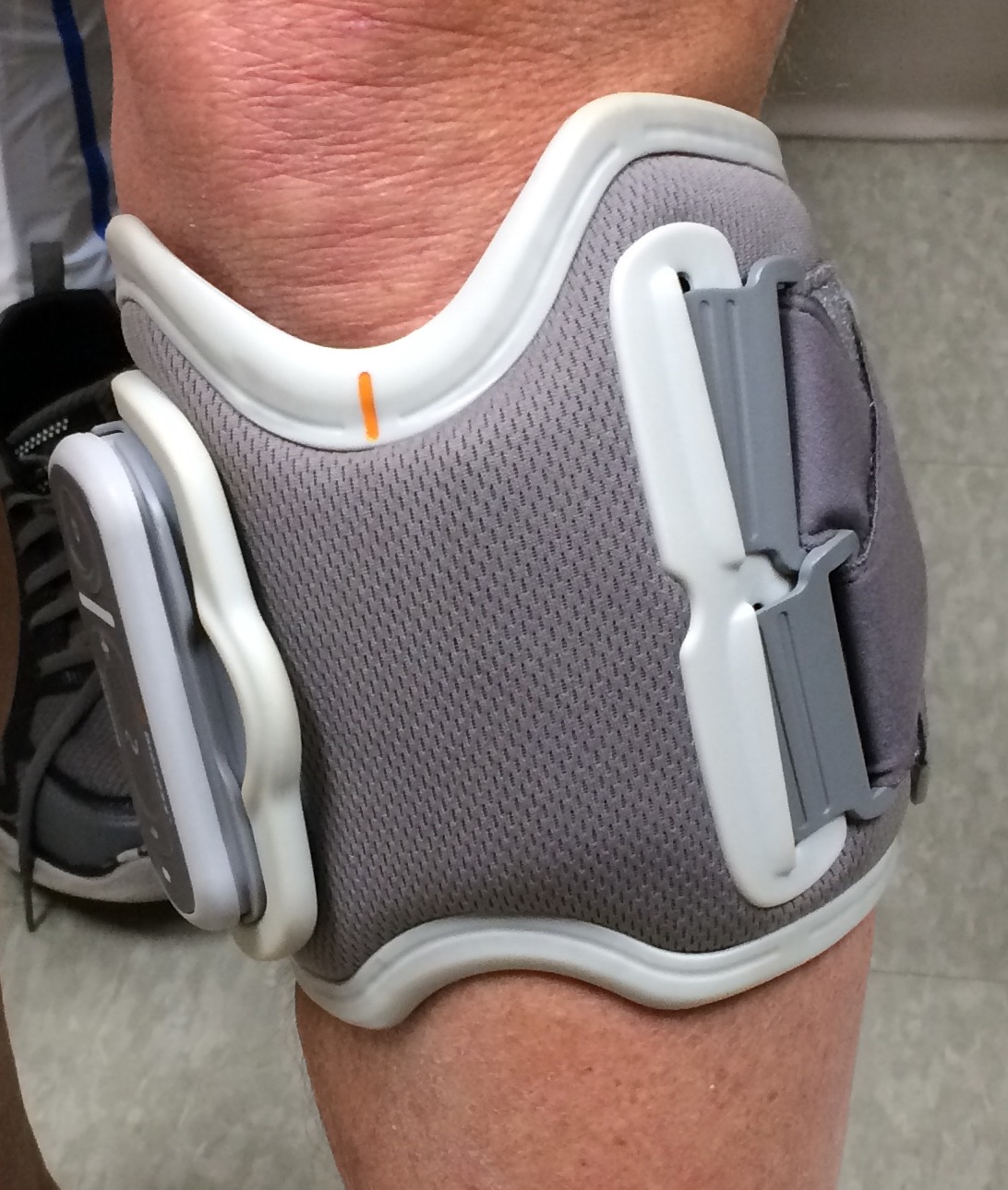The case of Women’s National Basketball Association star Brittney Griner is an important reminder for all of us who travel with medications: What you might be able to do in your home country, might not be the case in another. And the penalty could be severe.
Griner was detained by Russian officials at Moscow’s Sheremetyevo International Airport on Feb. 17. Russian authorities claimed she was carrying vape cartridges in her luggage that contained hashish oil.
About ten days ago, the two-time Olympic gold medalist pleaded guilty to drug charges that could carry up to 10 years in prison. Griner told a Russian judge she didn’t intend to violate the law.
Be prepared to travel with medications
Though I doubt someone with multiple sclerosis (MS) would intentionally travel with an illicit drug, some of us do travel with medications. Those being treated with an injectable medication such as Copaxone (glatiramer acetate), which they may self-inject every day, need to bring it with them. I did that for longer trips when I was giving myself Avonex (interferon beta-1a) injections once a week.
Obviously, injectable medications require needles, syringes, and liquids. Put yourself in the shoes of a customs inspector opening your bag and seeing that. What might you think? Even the pills we carry can raise suspicions, especially a medication like Provigil (modafinil), which is considered a controlled substance in the U.S.
The U.S. Centers for Disease Control and Prevention advises that even over-the-counter medications might be regulated or prohibited in some countries. For example, some inhalers and allergy medications are illegal in Japan. Narcotics laws in the United Arab Emirates are super strict. There may also be limits on the amount of a medication you can bring into a country.
Here’s what I do
I carry my medications in my carry-on bag. I really don’t want to be without them if my checked bags are lost. Also in my carry-on is the charger for my Bioness L300Go Functional Electrical Stimulator.
Though I’m no longer using a disease-modifying therapy, I travel with about a half-dozen oral medications for various symptoms. I keep them in their original pharmacy containers and carry those in a see-through freezer bag. I’ve never had a problem with that method while passing through airport security.
It’s also a good idea to carry copies of your prescriptions with you, at least for international trips, as well as a letter from your prescribing physician describing the medications.
In the U.S., the Transportation Security Administration considers needles and syringes “medically necessary” items, so you can carry them on board after they’re screened, just like pills. But international travel can be tricky. It’s best to check with the U.S. embassy or consulate in the country you’ll be traveling to, before you leave, to find out what’s OK and what’s not.
Better safe than possibly facing 10 years.
(A version of this post first appeared as my column on the MS News Today website.)



